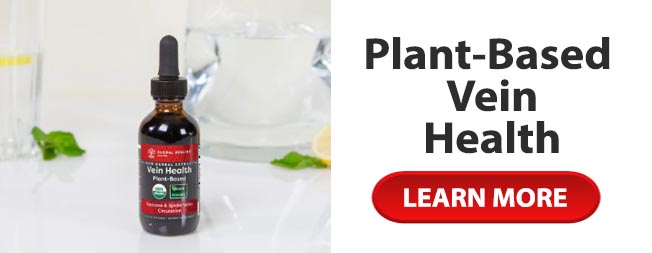Spider veins are those small blue, red or purplish looking vessels that are close to the surface of the skin and often cause individuals embarrassment and some discomfort. More women than men are at risk for the development of spider veins. Risk factors include obesity, pregnancy, hormonal changes and standing or sitting for long periods of time. Individuals who have a genetic history, in other words have family members who also suffer from spider veins or varicose veins will have a higher risk for developing the same the problem.
While you may be more interested in how to treat the condition than in how it occured, by learning how they develop, you are able to decrease the likelihood that you will develop more.
The gold standard for treating spider veins is a procedure called sclerotherapy. This is a process in which a 23% saline solution, with lidocaine and heparin are injected into the vein using a very small needle. The saline solution causes the blood to clot and the veins to collapse. Within two to six weeks the body has reabsorbed the veins and they are no longer visible either on ultrasound or to the naked eye.
Sclerotherapy is a very safe procedure that is done in the doctor’s office. Once the procedure is finished patients can use ibuprofen or Tylenol for discomfort and are encouraged to remain active during the day. It is very minimally invasive process that allows the patient to return to their daily activities on the first day. Patients often find that their symptoms from the spider veins are reduced or eliminated quickly. Unfortunately, individuals who suffer from multiple spider veins may require multiple office visits to remove all of the offending veins.
Another procedure currently available for spider veins is laser treatment. Laser treatments direct a variety of wavelengths to the veins. This thermal energy causes damage to the blood vessels, after which they clot and eventually are reabsorbed into the body.
Laser treatments are the preferred method of treatment for individuals who suffer from spider veins on the face. While this treatment process is slightly more expensive than sclerotherapy, it also is completely pain-free and allows the individual the ability to go through one process or one procedure in order to rid themselves of all spider veins.
The choice in treatment for spider veins is between the patient and the physician. The physician will inform the patient of the different options, and help them to make a decision based on their overall general health, the location of the spider veins and the number of treatments they anticipate will be necessary in order to successfully treat the condition.

